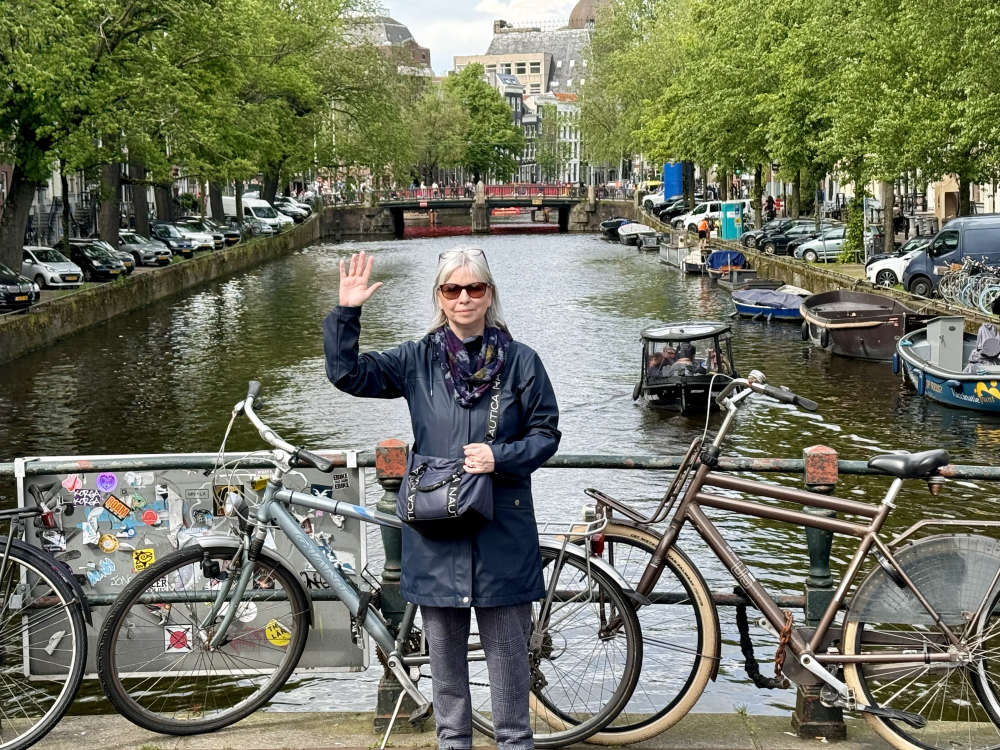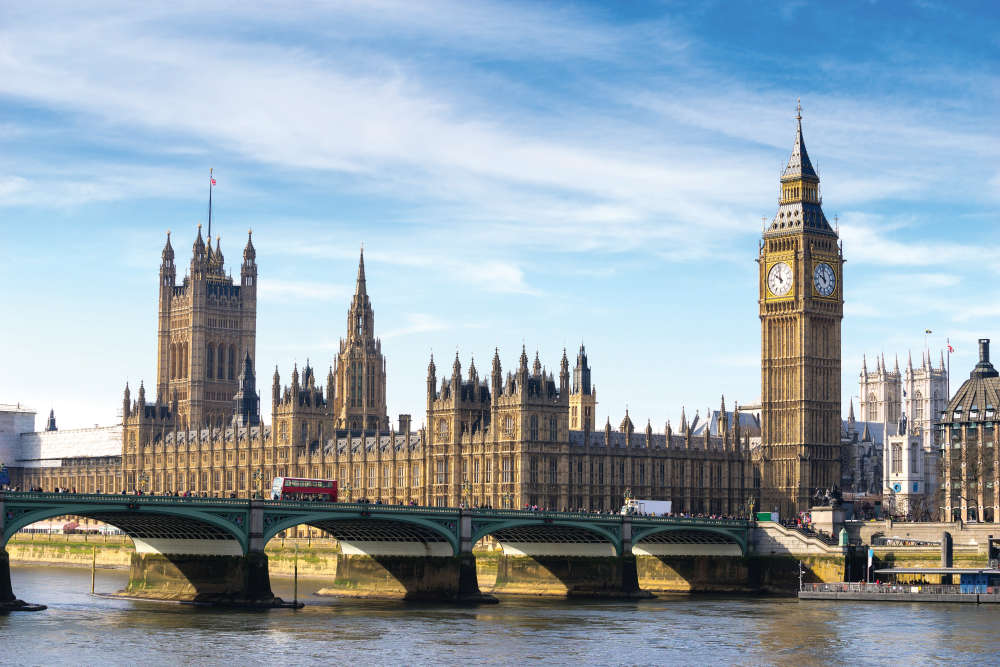
The New Year is a time that many of us consider our holiday plans for the forthcoming year, Lisa de Silva suggests that careful planning can ensure you get the holiday you really desire
A wonderful way to relax, refresh, and rejuvenate, taking a holiday is good for mind, body, and soul. Meeting new people, experiencing another culture, and immersing ourselves in natural beauty are wonderful for broadening our horizons and increasing our sense of wellbeing.
Here we explore the elements of holiday planning to help you design the trip of your dreams.
What do you want from the holiday?
First consider what you want from the holiday. Are you looking to relax, have an adventure, enjoy specific leisure, sporting, or cultural activities, or learn something new? For example, adventure lovers may want to consider a safari, motorhome touring or exploring a specific region by train. Destinations that offer the scope for trekking, mountain biking, surfing, culinary masterclasses, wine tasting and skiing, will appeal to those with more specific interests. Alternatively, families maybe looking for a beach destination with a balance of relaxation, activities, culture, and adventure to suit all age groups.
Who is going on the holiday?
Are you a young couple in great health, an older couple with reduced mobility, a multigenerational family or a gay couple looking for a welcoming destination? Who is travelling will have a significant impact on the destination and type of holiday booked. Do consider factors such as the likely temperature, levels of fitness required, and types of activity on offer.

When can you travel?
Some destinations are best visited at a specific time of year, for example, cherry blossom season in Japan, Christmas in Lapland, and winter trips to Scandinavia to see the Northern Lights. However, while those who are retired can often choose the optimum time to travel, others are limited by school, caring and work commitments.
Families are at a particular disadvantage in terms of the extra cost of taking a break during school holidays. Given this, it might be worth travelling during the half-term breaks to save money. It’s also becoming increasingly important to consider the changing weather patterns and rising European temperatures during the summer months. Traditionally, the Southern Mediterranean has been a popular choice for a family summer holiday, but there’s a growing argument for heading to Northern Europe or taking a staycation during the summer months, to avoid the potential for extreme heat.
Setting a budget
One of the most important elements in holiday planning is the budget. For those struggling to afford a break, camping and home swapping can be cost effective ways of having a welcome change of scene. You could even consider swapping homes with friends or relatives in other parts of the country. Many holiday companies, airlines, ferries, and train companies also offer savings for early booking and airline loyalty points can be useful for cutting costs. A regular savings plan can also help to spread the cost of a trip away.
Decide on the type of holiday
Taking all the above into account, you can now decide what type of holiday would best suit you and your fellow travellers. From beach holidays, city breaks, cruising, safaris, ski holidays, multigenerational celebrations, touring breaks, and adventure activity holidays, there are a wealth of holiday types to suit all inclinations, moods, and ages.
Research, research, research
Once you’ve decided on your chosen type of holiday, then it’s time to get into the detail. If you’re a young family looking for a beach holiday, do you want babysitting services and an onsite children’s club? If you’re a foodie planning a city break, do you want a range of Michelin-starred restaurants or the opportunity to take a culinary masterclass? If you’re an older couple taking a cruise, do you want an adult-only and all-inclusive experience? If you want to enjoy specific activities or experiences at your destinations, can these be booked in advance?

How to book a holiday
For the confident, booking the elements of the holiday independently can add to the excitement. It also gives you maximum flexibility on flight times, and accommodation choices, along with the activities you’d like to book. Having said that, package holidays booked through a travel agent can offer greater protection and added insurance if things go wrong. Many people now use an independent travel consultant to book their ideal trip. Not only are they well-informed, but they can also make recommendations, inspire you, save you time, and stress and often have access to deals not available online.
Buy holiday insurance
Not all holidays go to plan, so protect yourself by buying holiday insurance as soon as you have booked your trip.

 December Book Reviews
December Book Reviews
 If You Ask Me: Flo’s Virtual Bookshop
If You Ask Me: Flo’s Virtual Bookshop
 Kids Zone: Christmas Traditions
Kids Zone: Christmas Traditions
 Book Reviews: November Novels... and more!
Book Reviews: November Novels... and more!
 What to Watch in October 2024
What to Watch in October 2024
 Kids Zone: Spooky Spider's Webs
Kids Zone: Spooky Spider's Webs
 If You Ask Me: Humanity's Greatest Invention
If You Ask Me: Humanity's Greatest Invention
 If You Ask Me: A Desert Island Drag
If You Ask Me: A Desert Island Drag
 Kids Zone: Mud Kitchens
Kids Zone: Mud Kitchens
 What to Watch in July 2024
What to Watch in July 2024
 Kids Zone: Ice Block Treasure Hunt!
Kids Zone: Ice Block Treasure Hunt!
 What to Watch in June 2024
What to Watch in June 2024
 A Gourmet Escape on the Eurostar: London to Amsterdam with Culinary Delights in Almere
A Gourmet Escape on the Eurostar: London to Amsterdam with Culinary Delights in Almere
 If You Ask Me: Train Announcements Have Gone Off the Rails
If You Ask Me: Train Announcements Have Gone Off the Rails
 If You Ask Me... Never Argue with an Idiot
If You Ask Me... Never Argue with an Idiot
 Kids Zone: Mosaic Art
Kids Zone: Mosaic Art
 What to Watch in April 2024
What to Watch in April 2024
 If You Ask Me: The Jobsworth and the Frog
If You Ask Me: The Jobsworth and the Frog
 What to Watch in March 2024
What to Watch in March 2024
 If You Ask Me... Politicians need a Translator
If You Ask Me... Politicians need a Translator